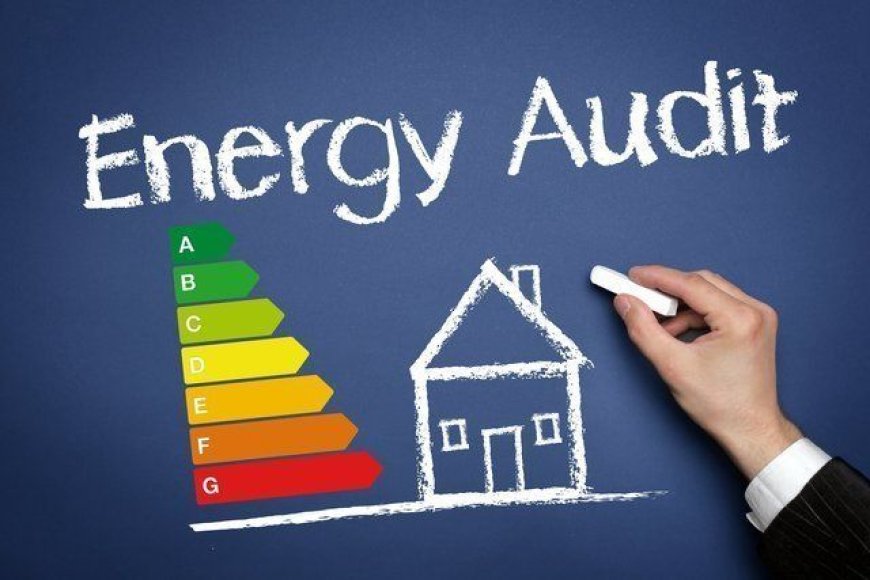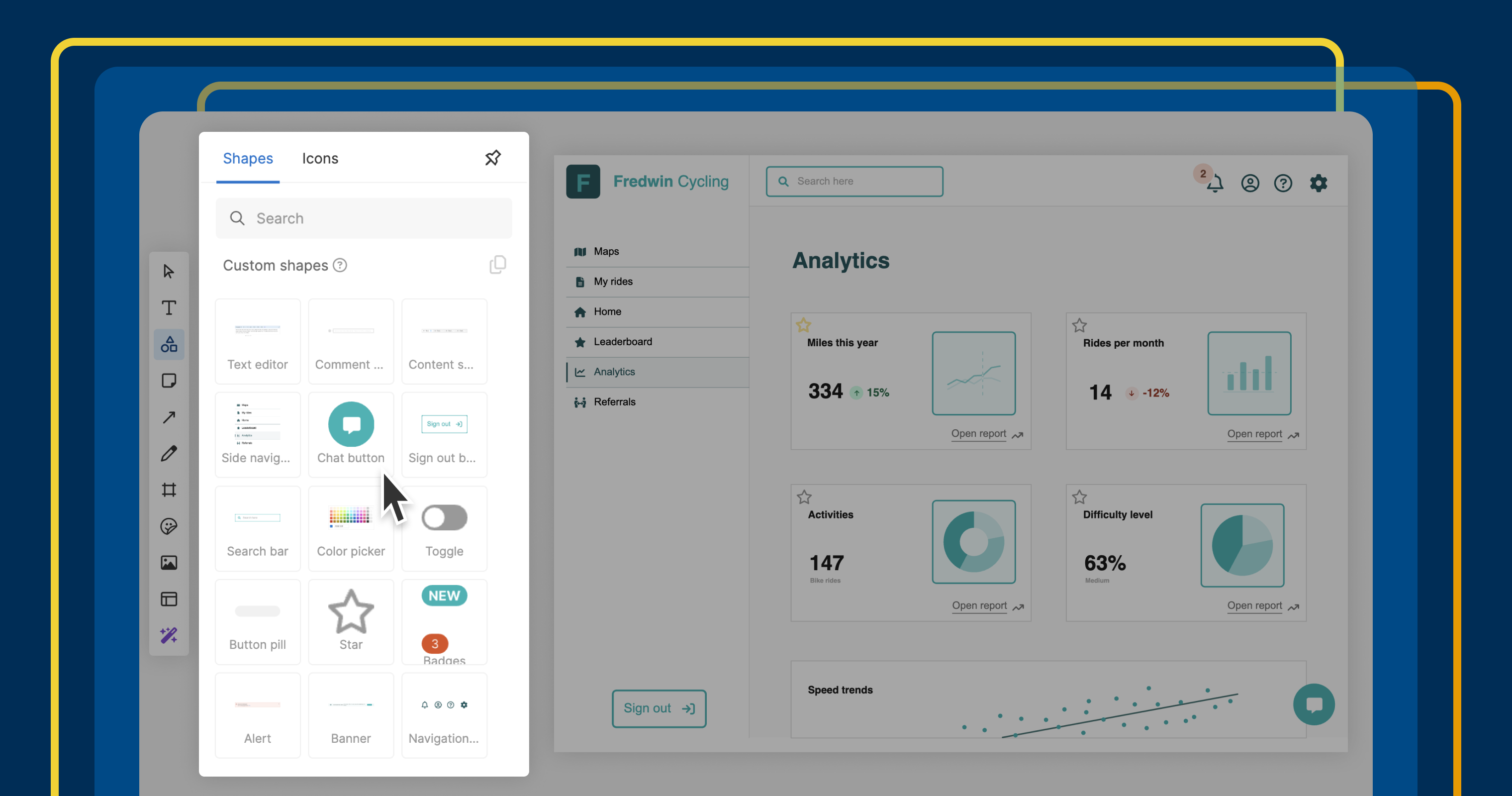Energy Efficiency Audit Services
In one dedicated review, the energy efficiency audit pinpointed HVAC inefficiencies in a manufacturing plant, leading to retrofits that saved the business 20% on energy bills annually. Similar real-world success stories highlight how minor changes can lead to substantial benefits.

In today’s economy, rising energy costs and environmental concerns have made it increasingly important for businesses to evaluate their consumption practices. One of the most effective steps in this direction is conducting an energy efficiency audit. These audits provide a clear picture of a property’s energy performance, highlighting where energy is wasted and how it can be conserved—resulting in both financial savings and environmental benefits.
Understanding Energy Audits and Their Importance
An energy efficiency audit is a systematic process that assesses how energy is used in a building or facility. It identifies inefficiencies and provides actionable recommendations to reduce unnecessary energy consumption. This can range from small adjustments in lighting systems to major upgrades in heating, ventilation, and air conditioning (HVAC). The primary goal is to improve operational performance while reducing utility bills and carbon emissions.
Beyond the cost-saving benefits, energy audits support broader sustainability goals. Many organizations are now aiming for carbon neutrality and improved ESG (Environmental, Social, and Governance) performance. An audit not only helps benchmark energy usage but also becomes the foundation for long-term environmental planning and compliance with regulations.
Who Should Consider an Energy Efficiency Audit?
Energy audits are relevant to a wide range of sectors—from large industrial facilities and commercial buildings to educational institutions and residential properties. Facilities with aging infrastructure or those experiencing high utility costs are particularly good candidates. Additionally, companies looking to qualify for green certifications or access government incentives for sustainability should start with a professional audit.
In one dedicated review, the energy efficiency audit pinpointed HVAC inefficiencies in a manufacturing plant, leading to retrofits that saved the business 20% on energy bills annually. Similar real-world success stories highlight how minor changes can lead to substantial benefits.
The Audit Process: What to Expect
A typical audit process begins with data collection, such as utility bills, equipment inventory, and operational practices. This is followed by on-site inspections to assess current energy usage and infrastructure performance. Using this information, auditors create detailed reports with prioritized recommendations, estimated savings, and possible return on investment timelines.
Advanced audits may also include thermal imaging, blower door testing, or sub-metering to provide deeper insights into energy flow and losses. Businesses can then decide which measures to implement based on budget, urgency, and potential impact.
Investing in the Future
Implementing the recommendations from an audit not only lowers energy bills but also boosts property value and operational resilience. In a world where sustainability is becoming a competitive advantage, an audit helps organizations stay ahead of the curve.
In conclusion, EMC2 Ltd offers expert guidance through their energy efficiency audit services, helping clients identify savings opportunities, improve system performance, and support their sustainability goals. With a proven methodology and client-centric approach, they ensure each audit delivers measurable results tailored to your specific energy needs.

























































































































![Are AI Chatbots Replacing Search Engines? AI vs Google [New Research]](https://www.orbitmedia.com/wp-content/uploads/2025/05/How-often-are-we-using-AI-chatbots_.webp)

































